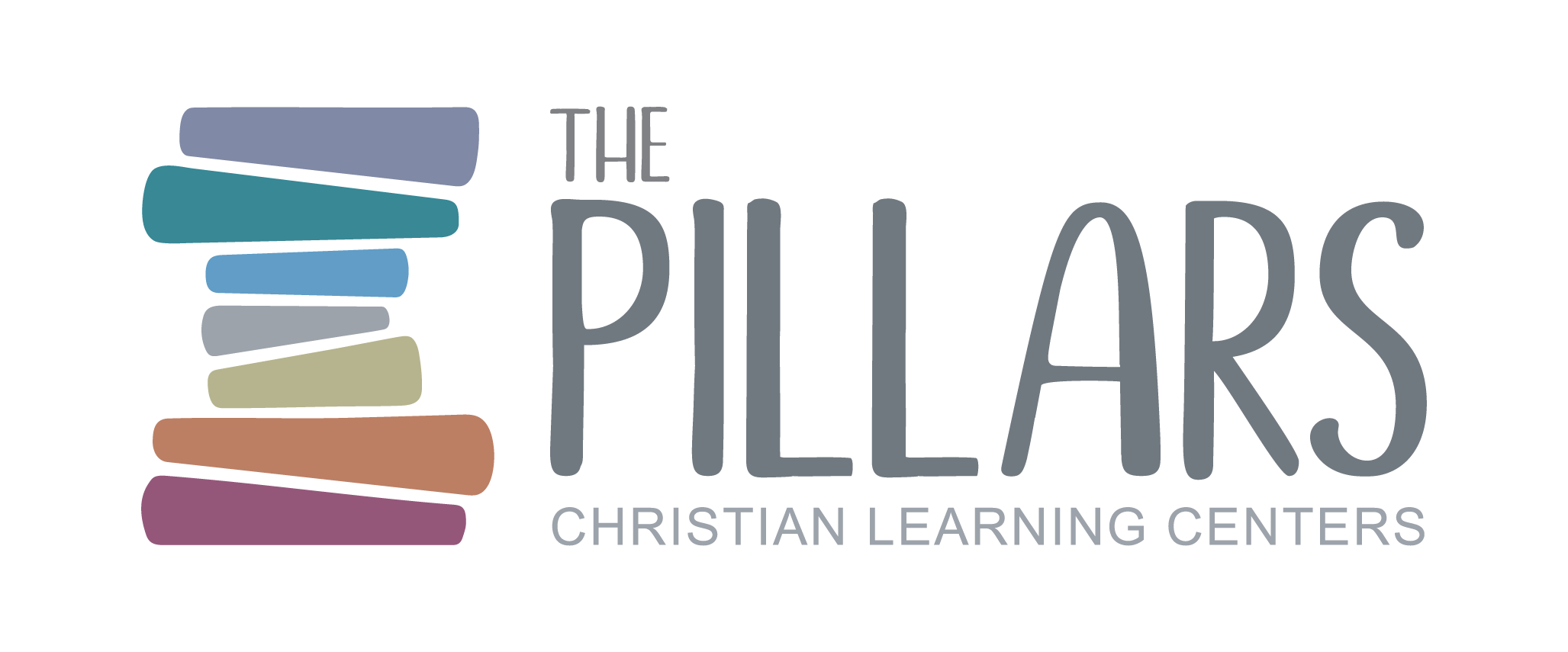When we were little, we learned to say things like “Thank you,” “Please” and “Excuse me”. Now as parents, we find ourselves teaching our kids how to be polite and kind to others. But why is it so important for our kids to learn about good manners?
A little politeness goes a long way. As parents, we want our kids to grow up to be polite and courteous individuals who are able to get along with others. Teaching our children how to have good manners is an important part of the parenting process. When we teach our kids the importance of socially appropriate and polite behavior, it helps to shape them into socially attentive adults. Being well-mannered has significant implications on children’s social lives as well as their future career success.
You can raise your little one to become a well-mannered adult by instilling these good manners:
Saying “Thank you” and “Please”
Learning to say “Thank you” and “Please” are basic manners that all kids should be taught at home. The importance of saying “Please” when your child asks for something, and “Thank you” when receiving something is an important virtue for children to learn from an early age. Be sure to model these habits yourself as well, so that your child can observe and emulate your behavior.
Saying “I’m sorry”
In addition to “Please” and “Thank you”, children should also be taught how to apologize when they’ve made a mistake. Saying “I’m sorry” helps children learn empathy and take responsibility for their actions in any given situation.
Teach your little one the importance of saying “I’m sorry”, and discuss the types of circumstances in which these words may apply. For example, your little one might apologize if he or she has accidentally destroyed a sibling’s toy, or spilled milk on a piece of artwork. Children are more likely to show remorse for their mistakes if they are taught the importance of apologizing and being accountable for their actions.
Asking permission first
Another important lesson to instill in children is the importance of asking permission before taking something that doesn’t belong to them. Whether they wish to borrow a toy from their sibling or choose a book from the library, young kids need to understand that we don’t just take items that aren’t ours without permission. This shows respect for other people’s property and will help your child avoid unnecessary conflicts.
Covering their mouth when coughing or sneezing
It’s so important that we teach our children to cover their mouths and nose when sneezing or coughing. Not only is this polite, but it’s also crucial when it comes to our health and general hygiene.
Similarly, we need to remind children not to pick their noses in public. This is also not hygienic, in addition to being an unpleasant sight for others to see.
Respecting our elders
Showing respect for our elders is also an essential part of having good manners. Whether children are interacting with their own parents, grandparents, teachers, or other adults, kids need to be taught how to behave and speak respectfully from an early age.
Set a good example for your little one by doing things like assisting the elderly when crossing the street, holding the door for someone at a restaurant, or giving up your seat on public transportation.
Being kind and compassionate
A child’s personality is deeply rooted in the way in which he or she is raised. The importance of showing kindness and compassion to others should be demonstrated to children so that it becomes a habit throughout childhood and beyond.
The best way for parents to help children develop compassion for others is by showing them what it looks like first-hand. Doing this allows kids to gain a better understanding of being selfless, and to experience positive feelings when they’re kind to others too.
As parents, part of our job is to ensure that our little ones understand the importance of good manners and help them grow up to become well-mannered individuals. Use this guide to set your child on the path to learning and practicing good manners.
For more tips and resources on parenting, feel free to visit The Pillars Christian Learning Center.
